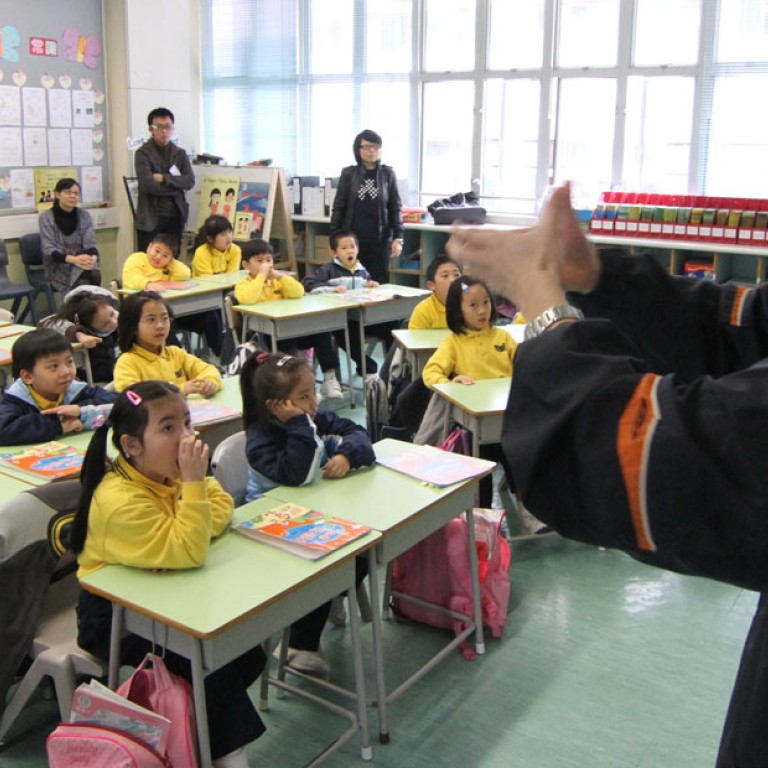
Patriotism just can't be taught
Without a change in mindset, no amount of education will make us love China more
In practice, politics has always meant the systematic mobilisation of support and organisation of hatred. That's why no government in power can resist the temptation to wrap itself in the flag and preach patriotism.
Yet patriotic education is an oxymoron because the love of one's country is 90 per cent passion and only 10 per cent education. In essence, patriotism is an enlarged, extended and exaggerated form of self-love - you love your country not because your government tells you to or your teachers say it's a good idea, but because you consider yourself part of the country.
Editorial writers, government officials, artists and politicians may want us to believe that patriotism is the noblest of human sentiment. But the truth is that patriotism grows out of narcissism and self-preservation. In the eyes of social Darwinists, patriotism, like many other forms of seemingly altruistic human behaviour, makes evolutionary sense and is therefore selfish in its own way - it is essential for the survival of a people.
If a significant portion of Hong Kong people has always come across as defiantly and embarrassingly unpatriotic, it is because in their minds, the interests of the country and the city are locked in a zero-sum relationship. This view, which may seem wrong-headed and short-sighted, in fact has history on its side.
For much of the 20th century, under the British, Hong Kong benefited from the turmoil and misfortunes of mainland China, so much so it could almost be said that any crisis on the mainland was an opportunity for Hong Kong. When the communists took over in the 1940s, for example, some of the country's richest, most enterprising and resourceful capitalists fled to Hong Kong, bringing with them their money, business acumen and networks of contacts. And while unchecked population growth continues to be one of China's most intractable social problems, Hong Kong has taken advantage of its cheap manpower to grow into one of Asia's largest industrial centres.
Hong Kong's interests seemed finally to coincide with the mainland's in the 1980s, when the city began to benefit immensely from China's open-door policy as a gateway to the country. But what happened on June 4, 1989, ruined the party. Today, still haunted by those memories, pragmatic Hongkongers know only too well that their interests are now inseparable from the mainland's. But they still can't bring themselves to say "I love you" to their motherland.
There's something about the country they don't want to be part of. As long as this mentality remains, no amount of patriotic education will make Hong Kong people less unpatriotic than they are now.

